This Jewish year in television was missing the big Jewish shows of previous years like “The Marvelous Mrs. Maisel,” “Crazy Ex-Girlfriend,” “Unorthodox,” “Schitt’s Creek,” and “Broad City,” but it did have “Shtisel,” “Dave,” and a host of incredible Jewish actors and actresses keeping us company on the small screen. Without further ado, the Almas for Jewish television for 5781 go to…
The Best Jewish Drama
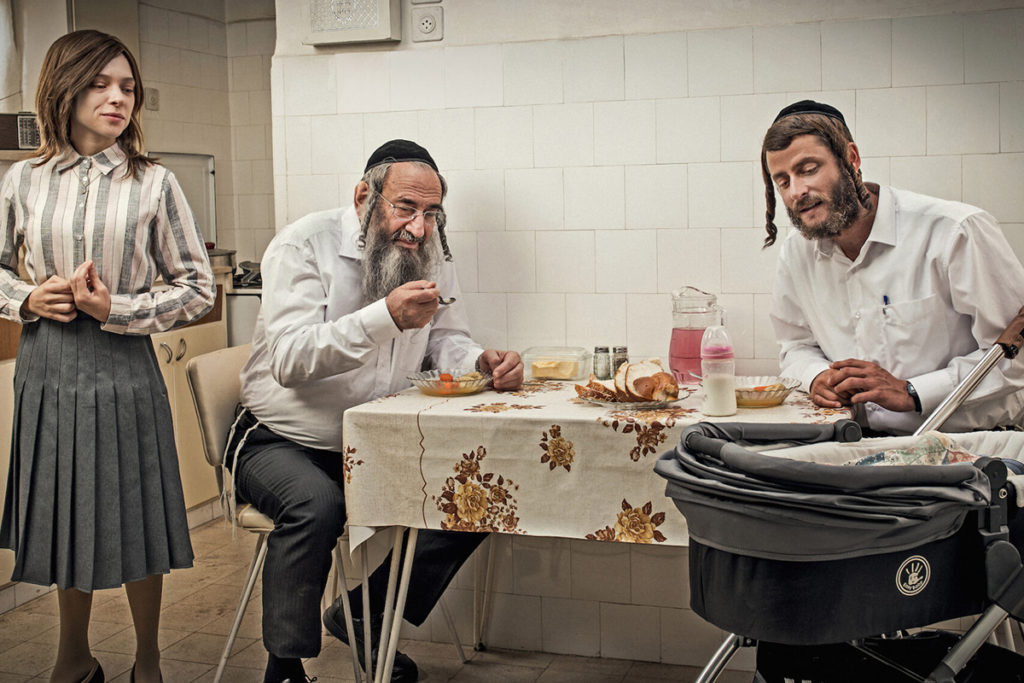
If Jane Austen had grown up a haredi Orthodox Jew, she might have written “Shtisel.” Stay with us: The Israeli series about an extended ultra-Orthodox family in present-day Jerusalem has all the hallmarks of an Austen novel. There is the marriage plot, centered on a dreamy artist trying to find both romance and direction. There’s a well-meaning but manipulative father figure (usually an aunt or mom in Austenland, but you get the idea), whose schemes for his children seem always to go awry. There are thwarted romances, family secrets and boundless concerns about money. The sharp dialogue and carefully observed class and social customs are particular to this narrow slice of society but somehow universal in their themes. And of course, there are the costumes, with a long black caftan or a dowdy wig every bit as expressive as an empire-waisted dress or leg-hugging breeches. The three seasons of “Shtisel” are great television, and something close to great literature.
The Best Jewish Comedy
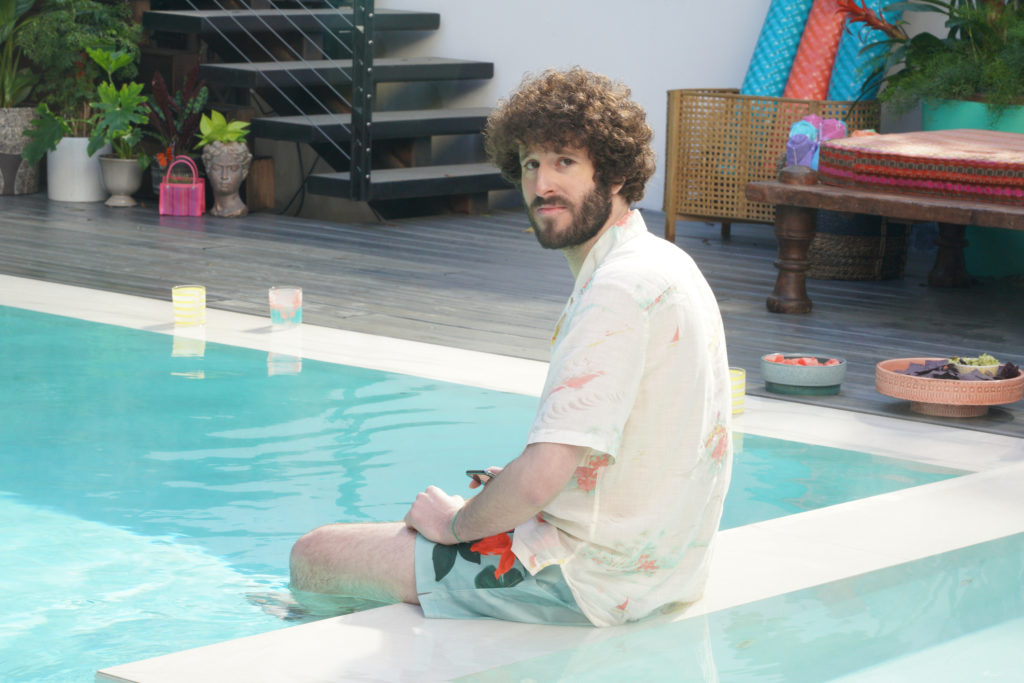
What if Larry David was born in 1988 and became a rapper who used his comedic talents to skewer both the music industry and white privilege while mixing in a ton of Jewish humor? He would be Dave Burd, aka Lil Dicky. Thankfully for us viewers, Burd somehow parlayed his story — of going from a boring life as an ad agency copywriter to viral video sensation who hangs out with stars like Justin Bieber and Kendall Jenner — into a show on FX. On the surface, “Dave” sounds like a terrible idea for a show that started in 2020 (it’s now in the middle of its second season): white guy infiltrates the largely Black rap industry with R-rated humor to hold a mirror to its flaws. But Burd’s main target is himself, along with the wider world of pop culture that elevates those fighting hardest for attention. And it’s not all jokes, either (although there are plenty of Jewish ones) — in an extremely heartfelt way, “Dave” explores what it means to follow a dream that seems ridiculous to just about everyone but the dreamer. Among the impressively long list of guest stars, Jewish music producer Benny Blanco and Jewish rapper Doja Cat stand out with amazing performances.
The Best Jewish Character
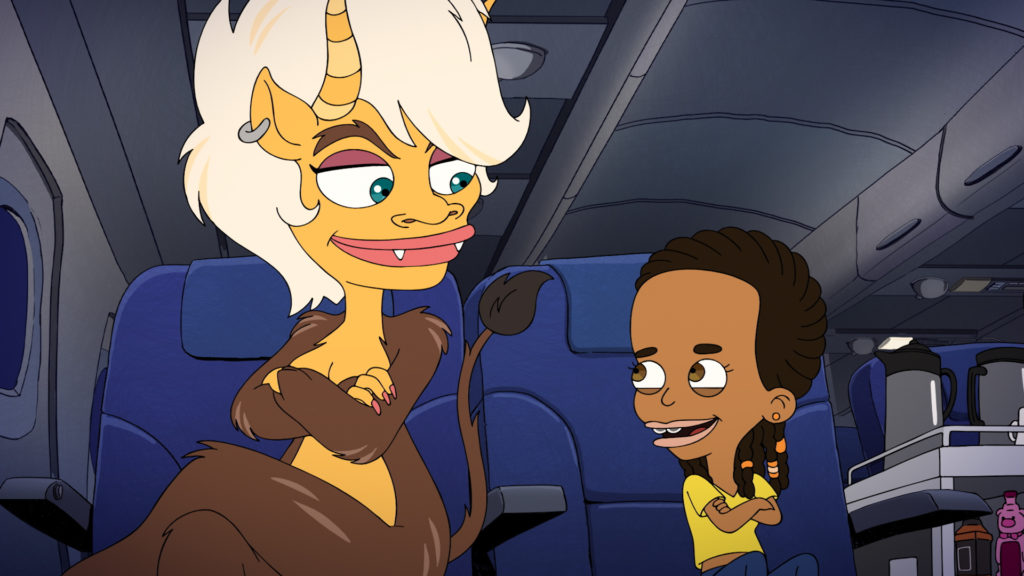
In June 2020, Jewish actress Jenny Slate announced she would no longer voice Missy, the emotional and nerdy teen on “Big Mouth,” Netflix’s hit animated show about puberty. “At the start of the show, I reasoned with myself that it was permissible for me to play ‘Missy’ because her mom is Jewish and White — as am I. But ‘Missy’ is also Black, and Black characters on an animated show should be played by Black people,” Slate wrote. “I acknowledge how my original reasoning was flawed, that it existed as an example of white privilege and unjust allowances made within a system of societal white supremacy, and that in me playing ‘Missy,’ I was engaging in an act of erasure of Black people.” Slate still voiced Missy for most of season four, which premiered in December 2020, but in the penultimate episode, Ayo Edebiri took over — and the voice change was part of a meaningful plot about Missy figuring out her identity as a Black teenager. (“I’m really struggling with my racial identity right now,” Missy says in one episode. “My mom’s white, my dad’s Black, I’m voiced by a white actress who’s 37 years old.”) The thoughtfulness around the change from Slate to Edebiri made Missy’s character, a Black Jewish middle schooler going through puberty, one of the most compelling of the last year — and by far the best Jewish character on TV.
Breakout TV Actress
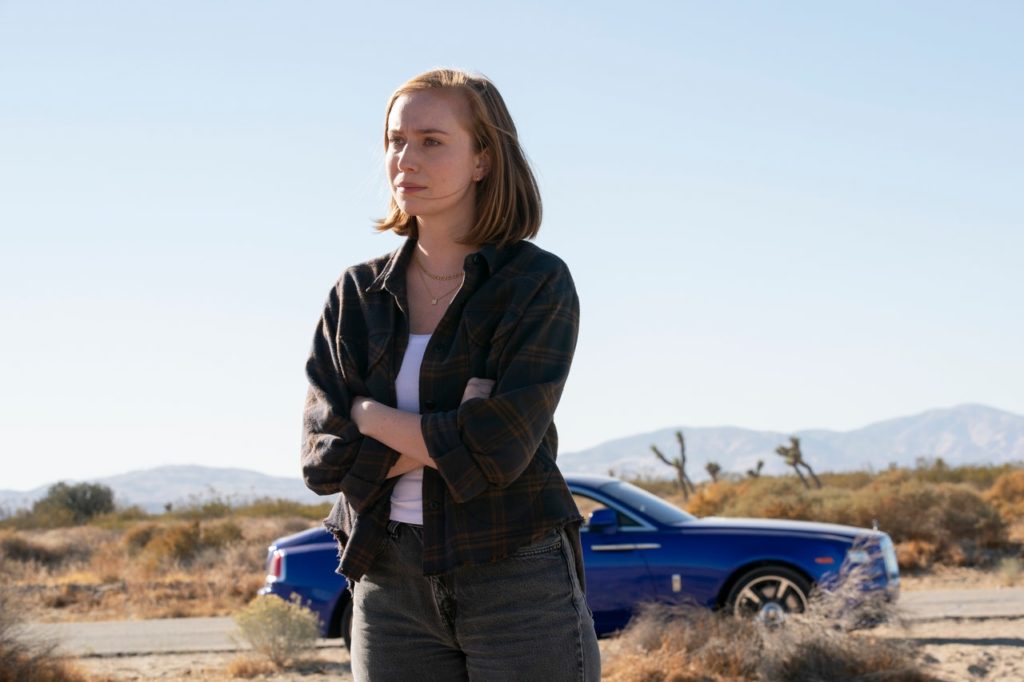
HBO Max’s series “Hacks,” which premiered in May of 2021, is about legendary comedian Deborah Vance (played by legendary actress Jean Smart) whose longstanding residency at a Las Vegas hotel is threatened. In an attempt to keep her on the stage, her manager sends Ava Daniels — a down-on-her-luck 25-year-old comedy writer who hates Las Vegas, hates gimmicky, formulaic humor, and pretty much hates her life — to spruce up Vance’s material. It would be easy to hate a character like Ava Daniels if it weren’t for Hannah Einbinder, the 26-year-old standup comedian who takes on the role with the confidence and charm of someone who’s been in the business much longer than she has. That could be the result of Einbinder’s roots: She’s the daughter of Laraine Newman, one of the original cast members of “Saturday Night Live,” and comedy writer Chad Einbinder. But Einbinder’s own original talent is undeniable, and the folks at the Emmys agree, nominating her for Outstanding Supporting Actress in a Comedy Series. While Ava Daniels isn’t Jewish (though makes a very good Haim joke), Einbinder was raised in a warm, inclusive Jewish community, telling Alma, “For me, Judaism has always been music and dance and art and love and all of these really amazing, positive things.” Like her character, she’s also bisexual, gifting us with one of the best quotes from an interview ever: “To have people who I feel like I can relate to on both of those levels at the same time is like … a Jew? Dayenu. A queer Jew? Baruch hashem.” We can’t wait to see what this Jewish star does next.
Bonus: an acceptance speech from Hannah Einbinder!
Breakout TV Actor
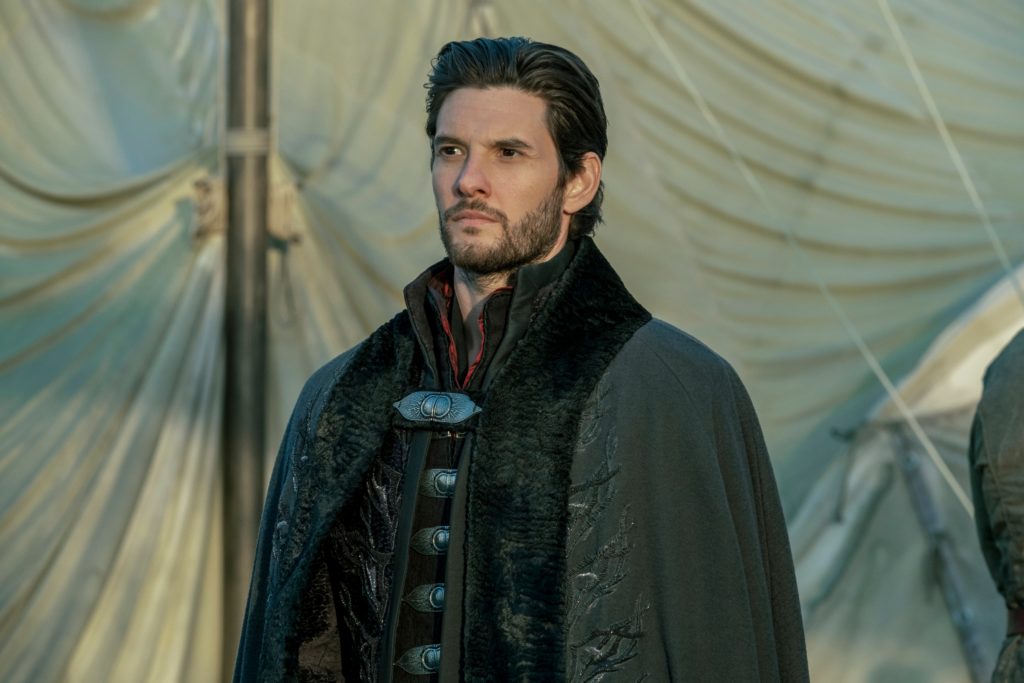
Jewish actor Ben Barnes made his acting debut back in 2007, and starred as Prince Caspian in “The Chronicles of Narnia,” but last year was truly his breakout year. He stole our hearts on “Shadow and Bone,” the Netflix show adapted from the fantasy series of the same name by Jewish author Leigh Bardugo. “Shadow and Bone” had a distinctly Jewish lens, and Barnes’ role as General Kirigan, who ultimately is revealed to be the villain, brought humanity to a complex bad guy (who is also very hot). He also brought his own research to the show, and incorporated a plot point around consent. “As an actor, I have to come up with ways to forgive him and motivate his choices. But we’re not pretending this man is any kind of anti-hero, really.” We just have to stan.
Bonus: an acceptance speech from Ben Barnes!